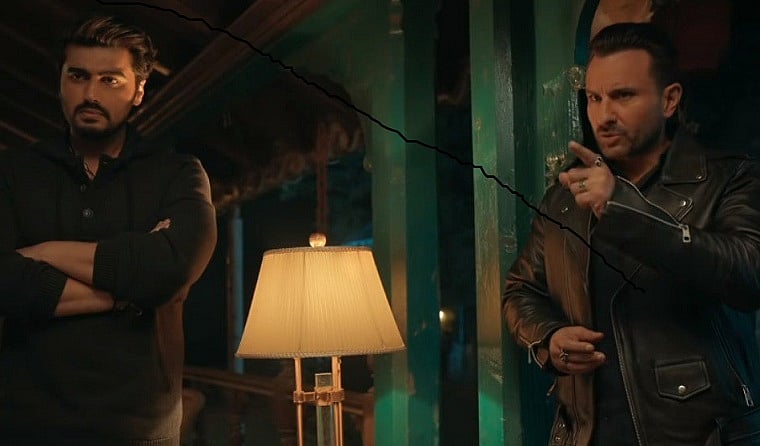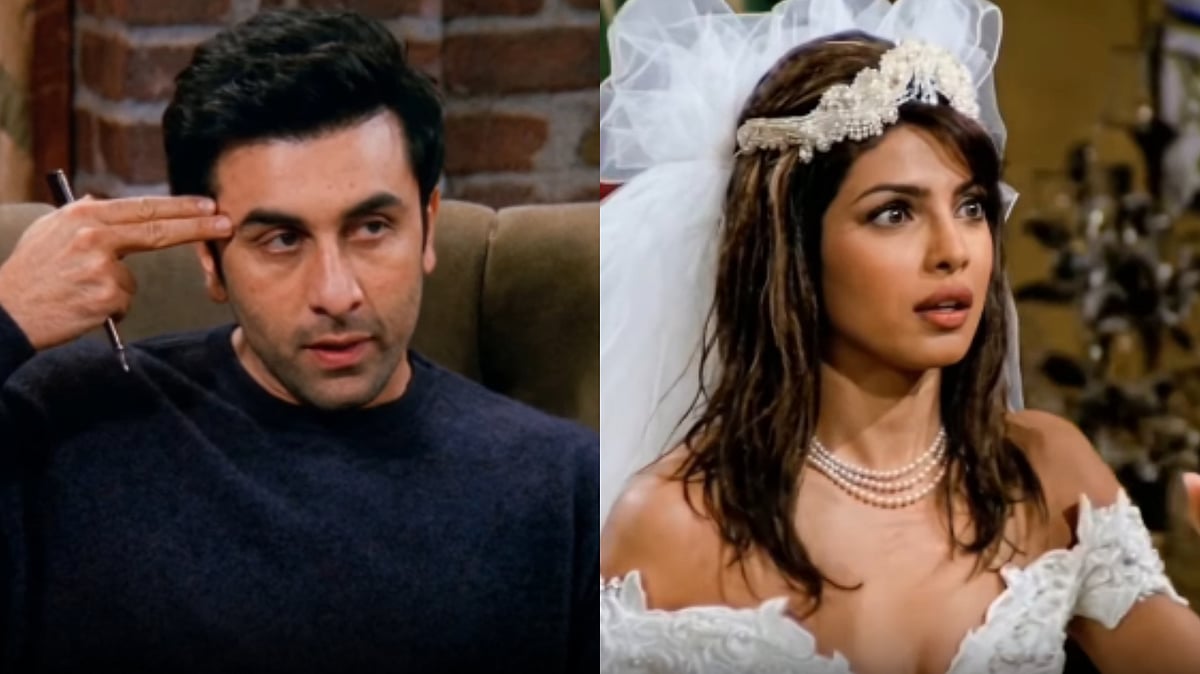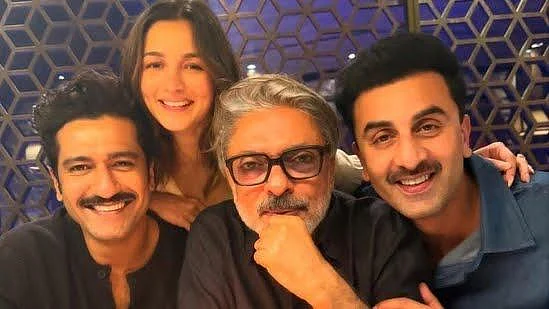It probably says something about a director’s confidence in the material at hand, his vision and the tools at his disposal — cinematography, production design, music, editing rhythm — that in a 160-minute-long film, there are scarcely two sequences that break out with anything remotely approximating ‘action’ as we loosely define it.
One comes early on, around the 25-minute mark, when the protagonist announces himself at Caxton Hall and after calling out to Michael O’Dwyer, proceeds to fire at him and other dignitaries at the ongoing meeting. Leading up to this is a series of vignettes, largely devoid of dialogue, starting with Sher Singh’s (Vicky Kaushal) release from jail in 1931, his journey to Great Britain, arriving there in 1934, via Afghanistan and the USSR, with passing detours into his association with Bhagat Singh (Amol Parashar) and other freedom fighters circa 1927. In around 20 unhurried minutes, director Shoojit Sircar covers a span of almost 13 years, to 1940, when Dwyer is shot.
The next one lies at the heart of the film — the Jallianwala Bagh massacre. And it’s a masterstroke to unleash this most riveting sequence this late in the film. The carnage at Jallianwala Bagh has been well-documented in books and films, memorably in Richard Attenborough’s Gandhi (1982). After watching this film, I went back to the one in Gandhi and the differences are illuminating. Attenborough’s mise-en-scène, though disquieting in its own way, has scarcely a close-up of the crowd being fired upon (barring a child crying next to her dead mother) — his close-ups linger most of the time on Reginald Dyer, on the police guns and the shells dropping on the ground. Sircar’s, in contrast, is an up-close vision of hell — all severed limbs, people gagging with throats spurting blood, a dead boy being repeatedly trampled over by running feet, open wounds, a mother dragging her dead child. It's relentless, it’s numbing. But it’s what follows the massacre that gives the film its emotional heft as a distraught Sher Singh keeps wading through the mutilated, dismembered bodies, the horror of it all visibly seeping into his psyche, altering him forever.
Packed between these two sequences, the rest of the film has a quiet, contemplative, even remote, texture to it, much like its protagonist, who nurtures the thought of revenge for over 20 years. At the end of it all, I cannot say that I got a better picture of the man. He remains shadowy, shrouded in mystery, a cold, distant figure — much like the English weather in which he spends the last years of his life, beautifully lit and captured by Avik Mukhopadhyay.
Viewers might deem much of the film going back to the Jallianwala Bagh massacre as slow, even inert, but that I dare say is as much a factor of the decades-long wait for vengeance at the heart of it. And if the protagonist comes across as enigmatic, it is probably the writers’ — Shubhendu Bhattacharya and Ritesh Shah — way of telling us that a character like Udham Singh/ Sher Singh/ Frank Brazil/ Ram Mohammad Singh Azad, forged in the crucible of his experience, is intrinsically unknowable. Maybe he was just your Everyman with an extraordinary goal that defined him, that consumed his identity.

There is much to root for in the film, Vicky Kaushal’s performance leading the way. Though I would still rank his Masaan as a more nuanced act, there is no doubt that he nails it as Udham Singh, with his hollowed-out eyes and haunted expression. It is also a pleasure to encounter Englishmen in a Hindi film about patriotism and freedom fighters who are not monstrous caricatures. Mansi Dhruv Mehta and Dmitrii Malich’s production design is top-notch without drawing attention to how meticulously the period is created. The same goes for Shantanu Moitra’s unobtrusive but effective background score. Above all, this is a welcome respite from the chest-thumping hyper-nationalism that has been Bollywood’s go-to mode for this genre of films.
Shoojit Sircar is not interested in providing instant gratification. That is reflected in the film’s pace and length, which can be daunting. But for the patient viewer, the rewards are manifold.
Title: Sardar Udham
Directed by: Shoojit Sircar
Cast: Vicky Kaushal, Banita Sandhu, Amol Parashar
Platform: Amazon Prime Video
Rating: Three and a half stars
(Shantanu Ray Chaudhuri is an award-winning publisher, editor and a film buff)










